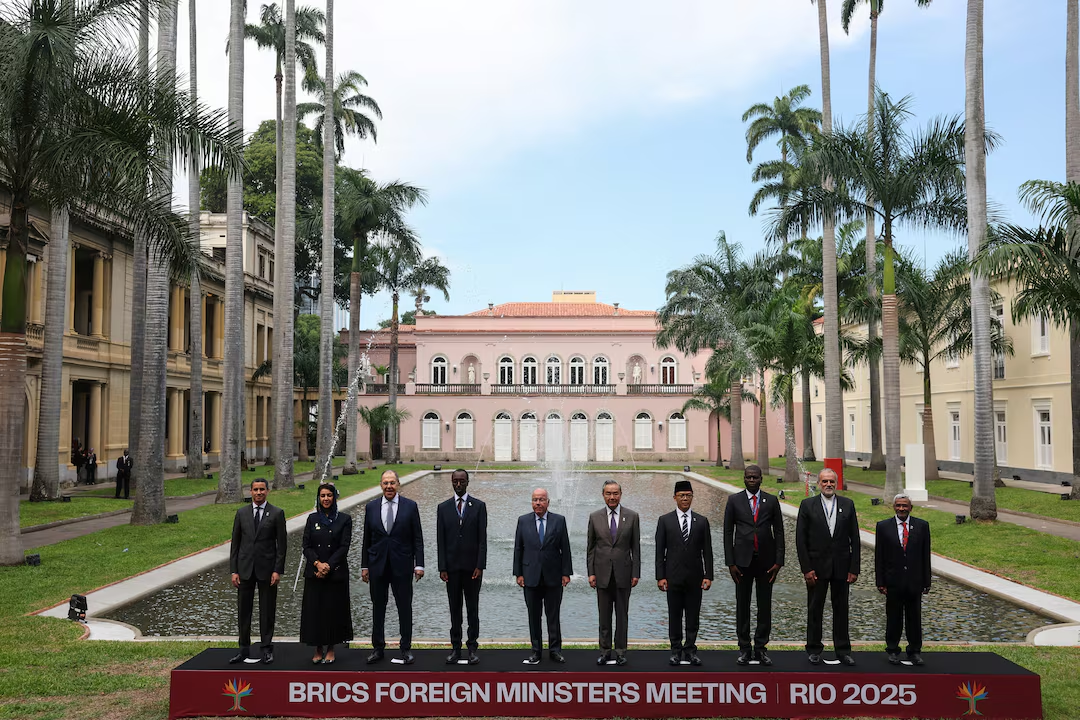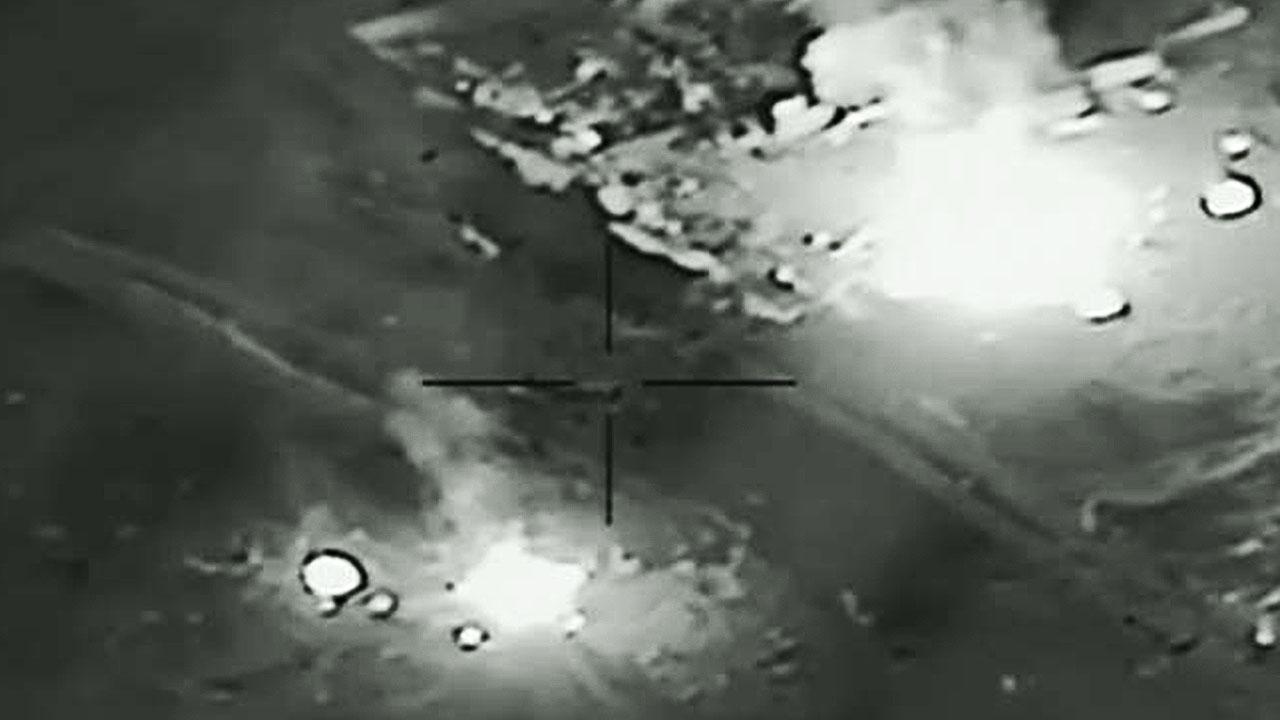Brazil"s President Luiz Inácio Lula da Silva is facing the dual crises of a staggering 28% approval rating and a bold, isolated stance on the global stage that risks alienating the country from critical Western alliances. On June 22, 2025, in a moment that could define Lula"s term, Brazil"s foreign ministry issued a resolute condemnation of the United States" airstrikes on Iranian nuclear facilities, characterizing the attacks as a flagrant violation of international law and Iran’s sovereignty. This statement starkly contrasts with the responses from other Western democracies, which either supported the strikes or expressed mere concern, placing Lula in a precarious position amid shifting geopolitical landscapes.
Lula"s Isolation Grows in a Divided World
As reported by Brazil"s foreign ministry, the nation’s response is part of a broader push for increased representation of the Global South in international dialogues. Brazil"s condemnation of the U.S. reflects a growing discontent among emerging nations over the unilateral military actions of superpowers. Lula"s position aligns with the principles of BRICS, where members advocate for multilateralism and respect for sovereign rights, yet it places Brazil at odds with its traditional allies.
Public Discontent Fuels Political Turmoil
Domestically, the political landscape is equally turbulent. According to recent polling data, Lula’s popularity has hit a record low of 28%, inching down from 29% in April. Disapproval ratings have simultaneously surged to 40%. This plummeting support stems from rising inflation, a stagnating economy, and an inability to deliver on critical social programs that once defined Lula"s platform. The electorate"s frustration is palpable, as many Brazilians feel left behind amid Lula"s ambitious foreign policy endeavors.
\n\n
Growing BRICS group shows internal rifts as ministers fall ...
Diplomatic Risks and Consequences
By taking a definitive stand against U.S. military actions, Lula risks alienating Brazil from essential diplomatic and economic partnerships. The implications are profound, especially in light of Brazil"s role in multilateral organizations such as the G20 and Mercosur. As reported by analysts of Brazil"s foreign policy, the country has historically been a voice for the developing world in international forums. However, Lula"s current trajectory might alienate Brazil from potential allies in the West, thereby jeopardizing its influence in global governance.
International Relations in a New Era
The evolving global landscape has created a critical juncture for Brazil. Lula"s administration must balance the expectations of a domestic audience demanding effective governance while also asserting Brazil"s role as a leader in international diplomacy that prioritizes equity and justice. This balancing act is fraught with risk, particularly as Brazil navigates its relationships with major powers like the United States, China, and Russia. The recent military strikes in Iran have only highlighted the urgent need for a coherent foreign policy that aligns with Brazil"s values, as well as its strategic interests.
\n\n
US airstrikes target Iranian-backed militias in Iraq, Syria | Fox News ...
The Path Forward for Brazil
As Brazil grapples with discontent at home and tensions abroad, the choices made by Lula"s administration will shape the nation"s future. With a dwindling approval rating and an increasingly isolated foreign policy stance, the pressure is on Lula to adapt and respond effectively to both domestic and international challenges. The question remains: will Brazil reclaim its place as a key player on the world stage, or will it become further entrenched in a political quagmire that undermines its potential?


![[Video] Heavy clashes and gunfire reported in Baghdad, Iraq](/_next/image?url=%2Fapi%2Fimage%2Fthumbnails%2Fthumbnail-1768342239932-848qsh-thumbnail.jpg&w=3840&q=75)




![[Video] Gunfire between Iraqi security forces and Sadr militias in Baghdad](/_next/image?url=%2Fapi%2Fimage%2Fthumbnails%2Fthumbnail-1768343508874-4redb-thumbnail.jpg&w=3840&q=75)
